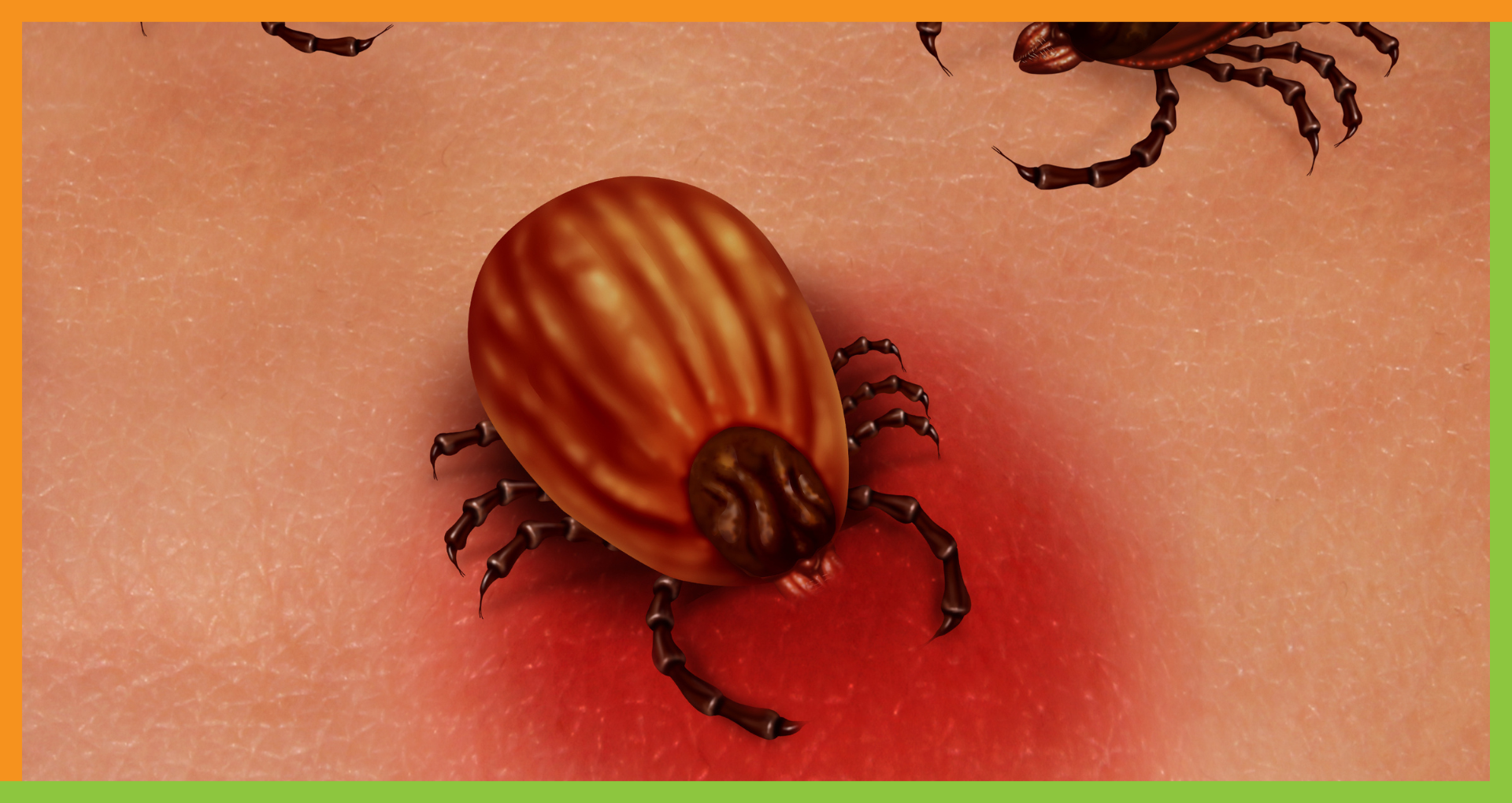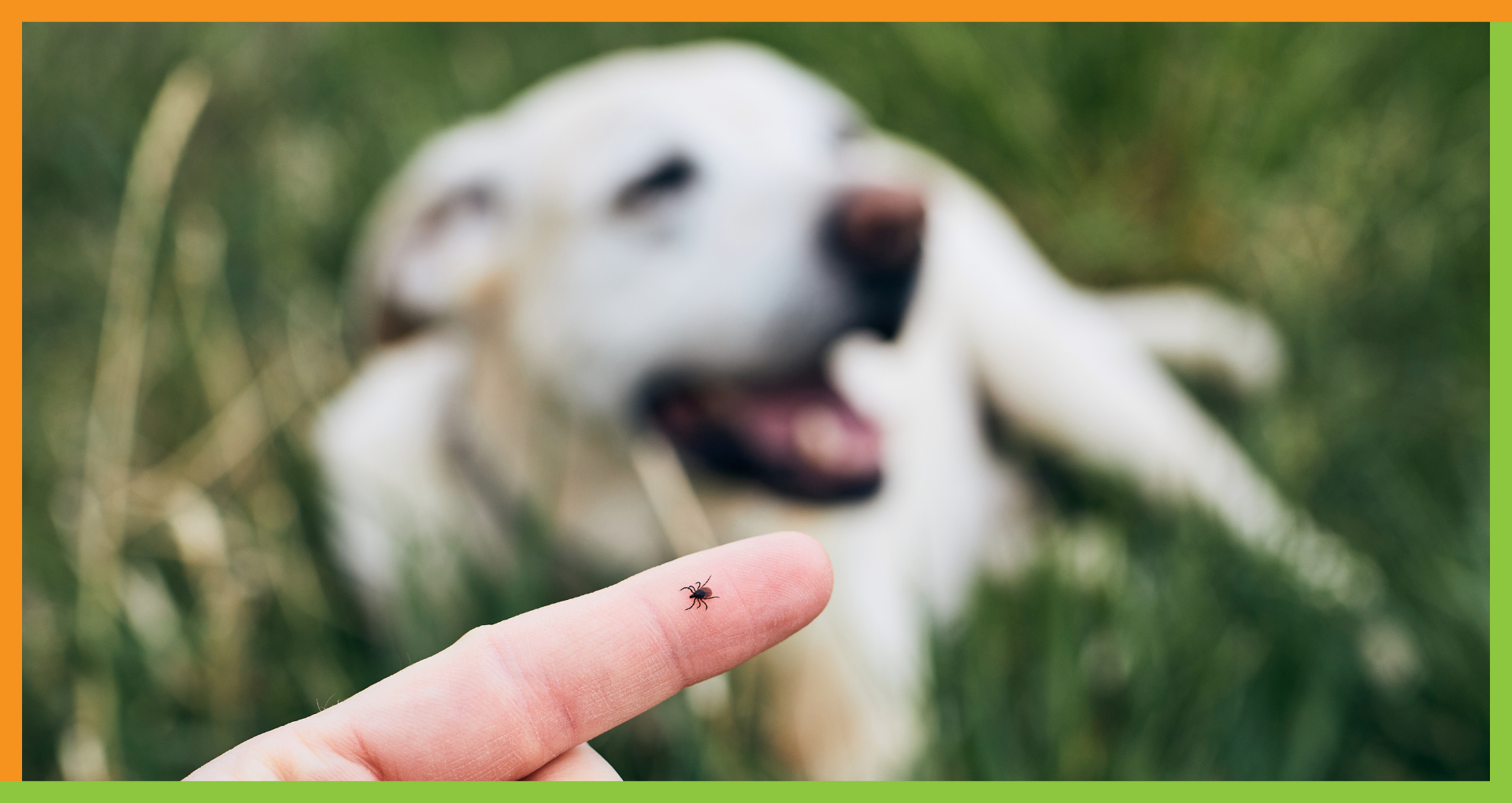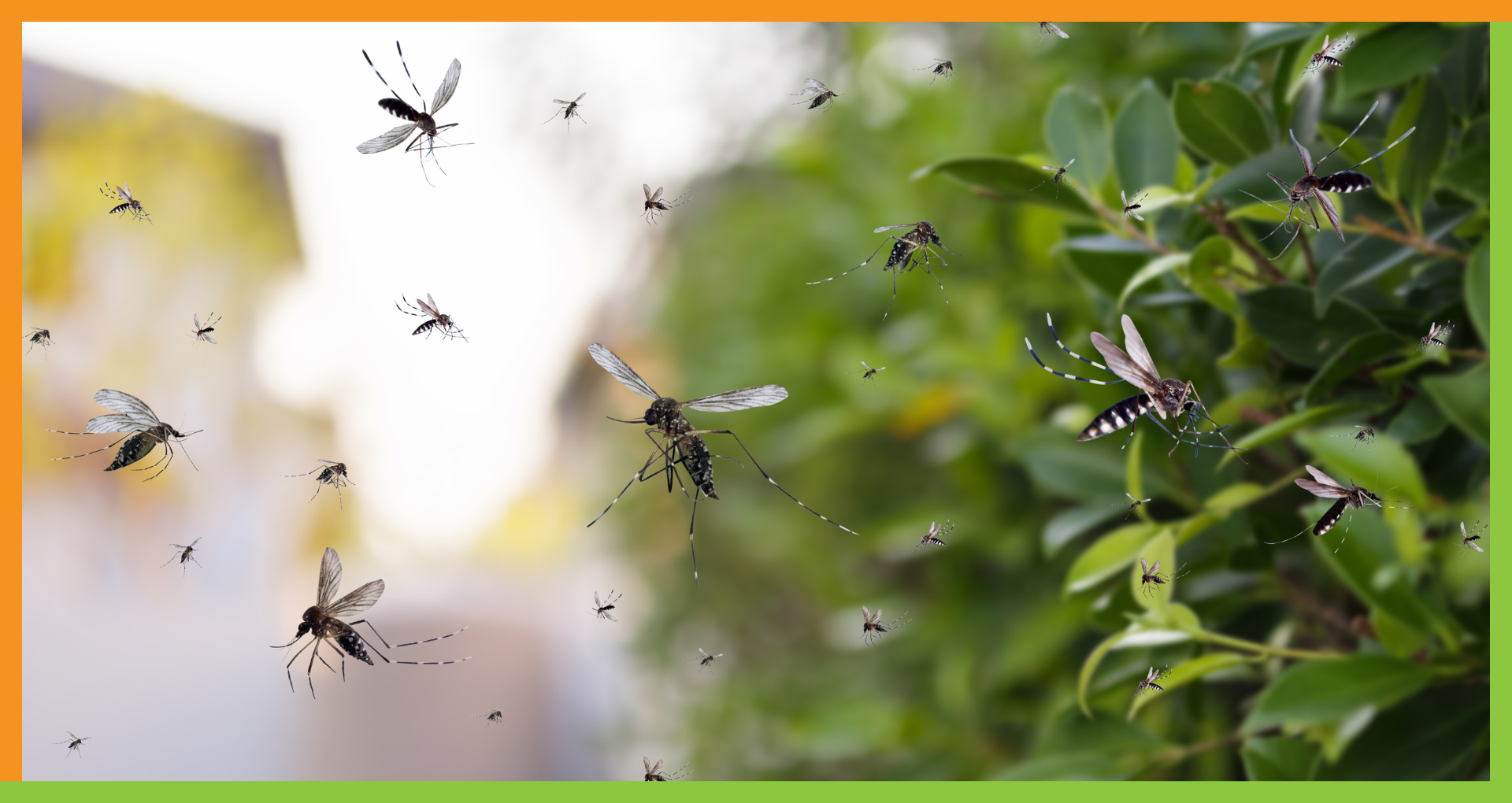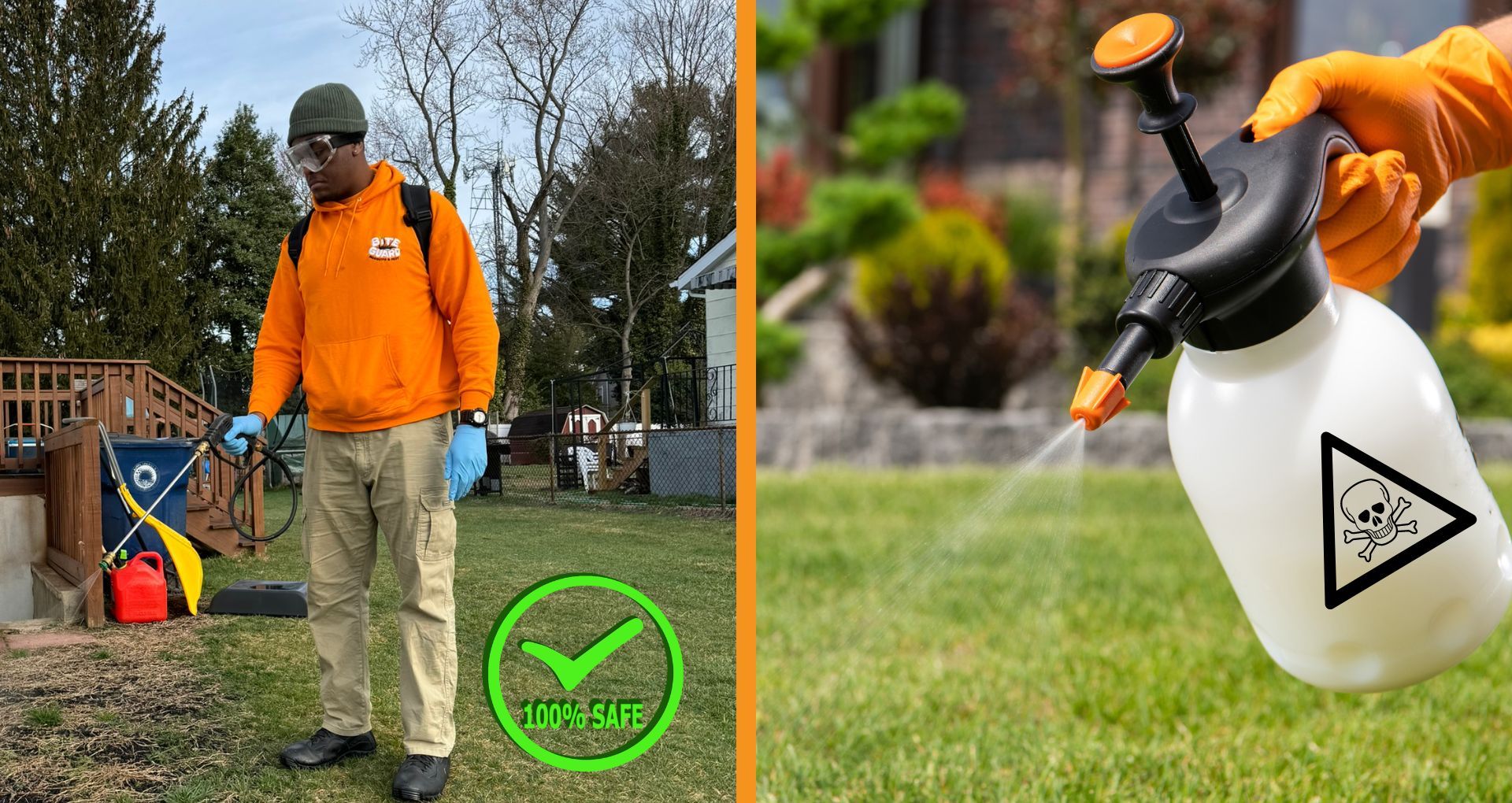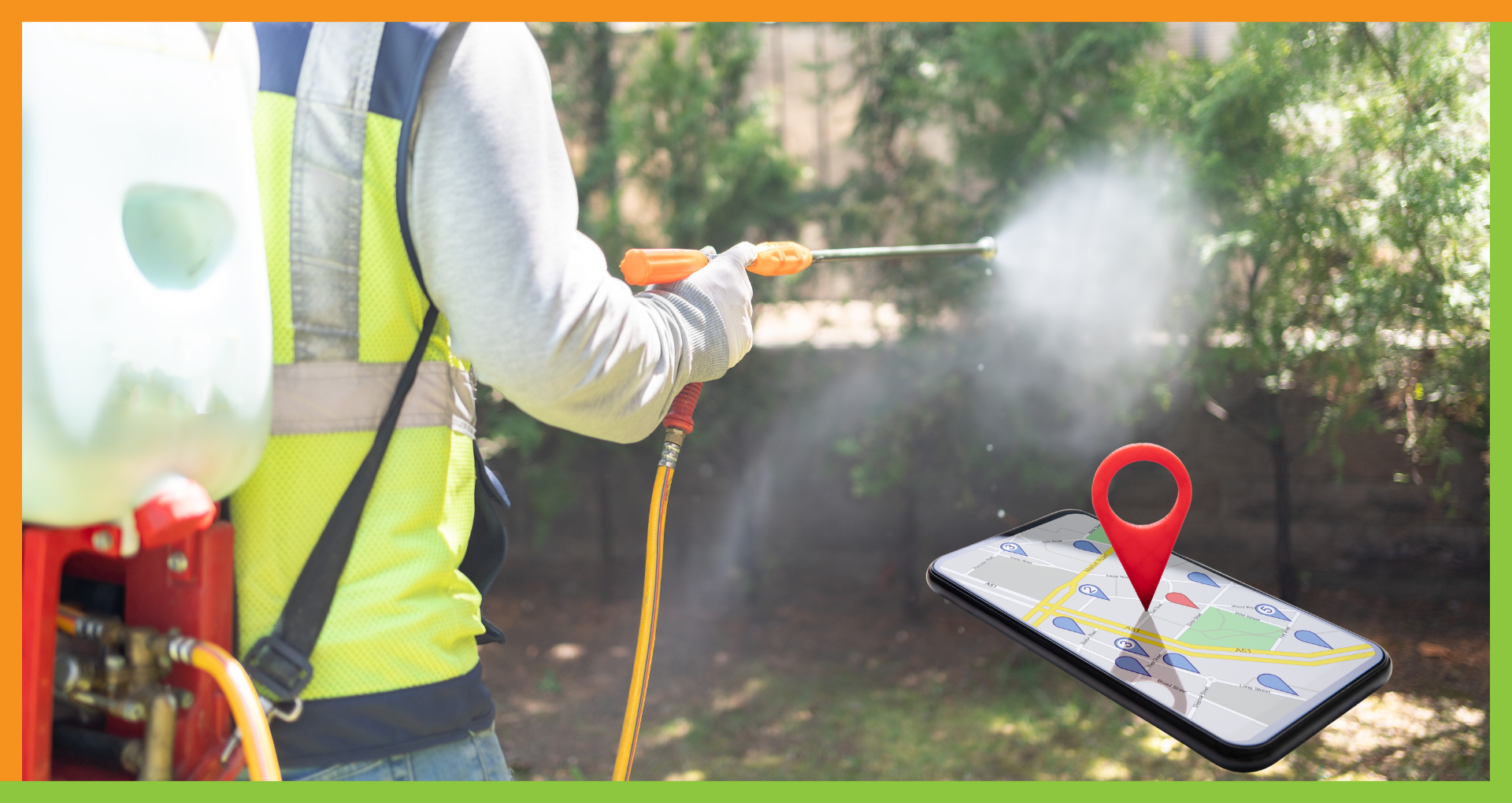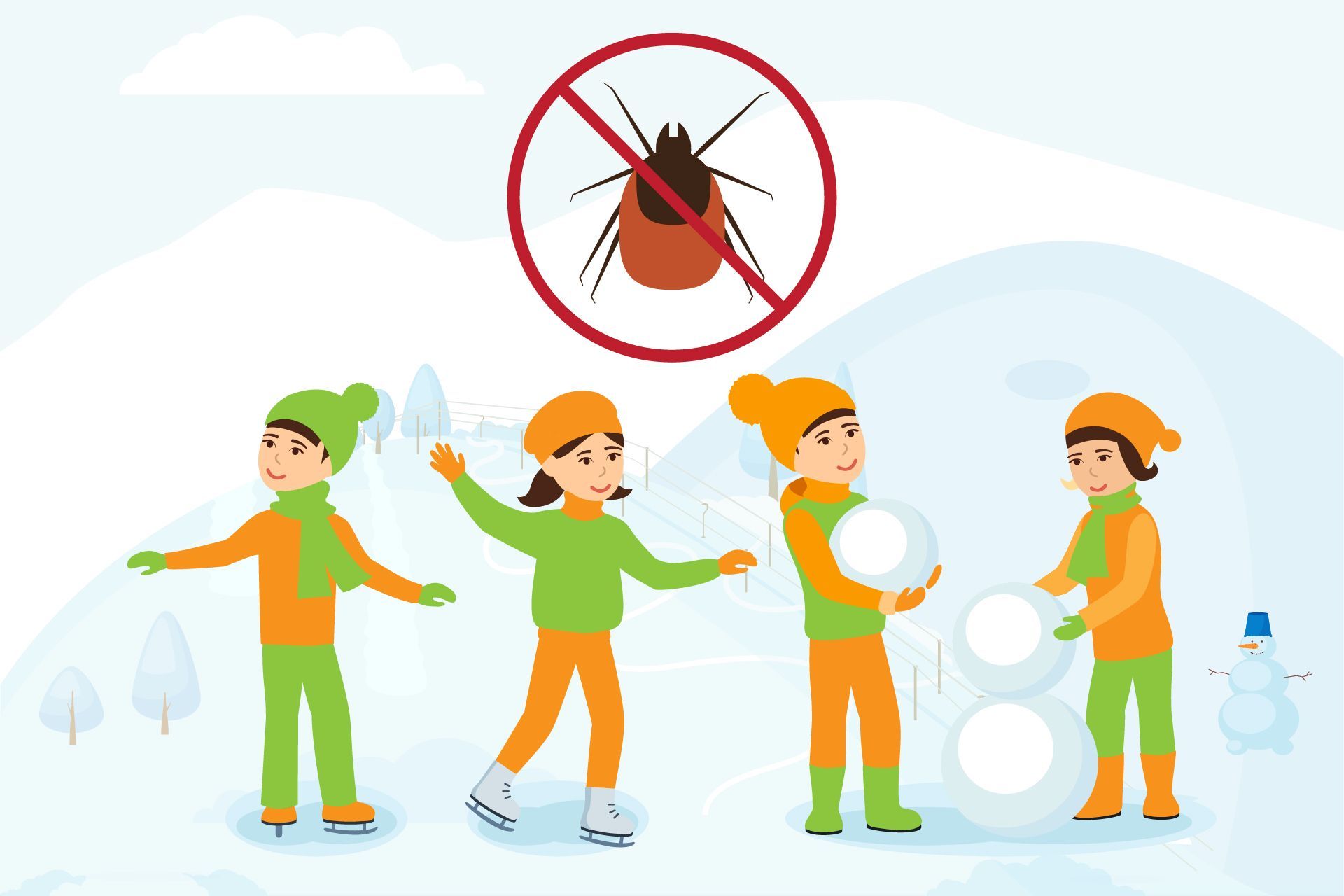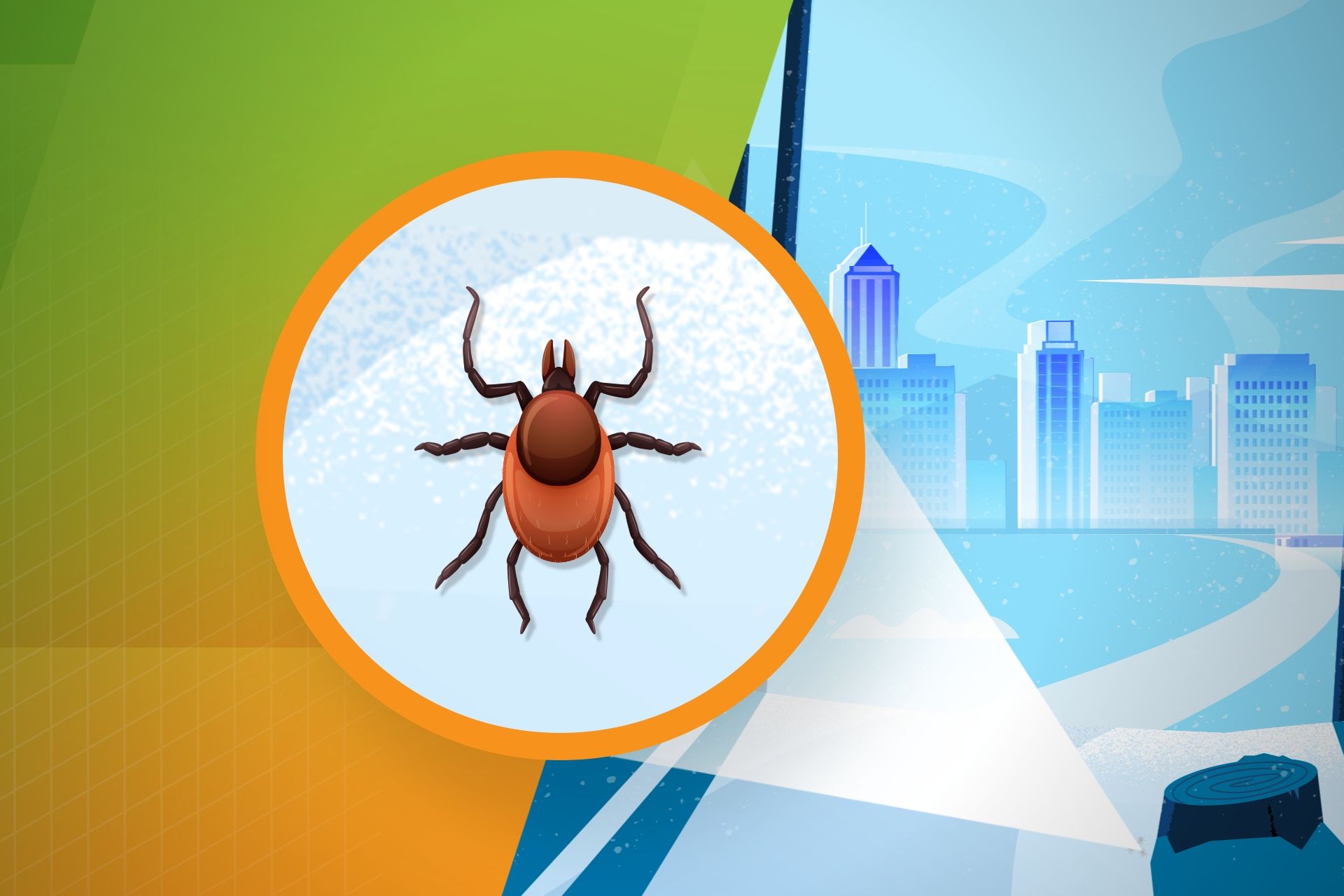Keeping Pests at Bay: An In-Depth Guide to Fortifying Your Home Against Infestations
The shift of seasons and the dance of the mercury often ushers pests into the sanctity of our homes, seeking shelter and sustenance. These unbidden visitors, from scurrying rodents to insidious insects, don't just disrupt our peace but also carry health hazards and the potential to undermine the integrity of our dwellings. Through diligent pest-proofing measures, it's possible to fortify your home against these intruders. Let's delve into the essential strategies for creating a fortress against pests, ensuring they remain where they belong - outside.
1. Roof and Attic Fortification
Your roof is the first line of defense against aerial and agile climbers like rodents and birds. Examine not just for the obvious missing shingles but also subtle warps or lifts where creatures could pry their way in. Reinforce this barrier with metal flashings and consider the addition of roof spikes to deter birds. Mesh screens over vents are a must; opt for hardware cloth with a grid size small enough to thwart even the smallest of pests without impeding airflow.
2. Ventilation Vigilance
Vents are the respiratory system of your home, but they can also act as gateways for pests. Go beyond mere visual checks; use your hands to feel for drafts that might indicate gaps. Secure these with high-grade mesh, and for dryer vents, employ vent covers that open only when the dryer is in use to keep out opportunistic invaders.
3. Window and Door Reinforcements
Screens are your silent sentinels; ensure they're not only free from rips but also snug in their frames, leaving no gaps at the edges. Explore the benefits of retractable screens for a seamless look without compromising on protection. Regularly inspect weather stripping and door sweeps for wear and replace as needed to close off even the slimmest of entry points.
4. Greenery Governance
Vegetation, while beautifying, can betray your home's security by acting as bridges for pests. Adopt a zone of defensiveness by trimming back branches and shrubs at least 3 feet from your home. Engage in regular landscaping to keep your perimeter less hospitable to pests and more pleasing to the eye.
5. Gutter Guardianship
Gutters clogged with leaves and debris beckon to pests as breeding grounds, especially mosquitoes. Regular cleaning is fundamental, and gutter guards can be a wise investment. For areas with persistent debris issues, consider more frequent maintenance schedules and possible adjustments to surrounding foliage.
6. Exterior Order
The chaos of outdoor clutter invites pests to set up residence. Routinely police your property for accumulated items, particularly those that are seldom moved. Strategic landscaping with rock gardens or gravel can discourage nesting and make your yard less appealing to pests seeking a home.
7. Bastion of the Garage
This often-overlooked area can be a prime entry point. Examine the integrity of door seals and consider threshold barriers for a tighter fit. Pest-proof storage solutions, such as heavy-duty plastic bins with secure lids, will deter invaders. Regularly declutter to prevent pests from taking refuge among rarely disturbed items.
8. Fortress Foundation
The foundation is the bedrock of your home's pest defense. Use high-quality sealants for any fissures, with a keen eye on utility inlets, which should be girded with escutcheon plates or similar barriers. Regular checks post-rainfall or snow can reveal hidden vulnerabilities that need immediate attention.
9. Interior Integrity
Beyond the exterior, ensure that your indoor spaces are inhospitable to pests. Address humidity with dehumidifiers, as a dry environment is less enticing to many insects. Keep living spaces clean and free of food debris, and regularly inspect under sinks, appliances, and dark corners for signs of intrusion.
10. Ongoing Vigilance
A robust pest-proofing plan includes regular audits of your home's exterior and interior. Consider seasonal checklists that address specific pests active during different times of the year. Foster relationships with local pest control professionals who can provide expert assessments and timely interventions if needed.
By embracing these strategies and making pest-proofing a part of your regular home maintenance routine, you create an environment that is both unwelcoming to pests and harmonious for your family. Remember, the best offense against pests is a good defense.
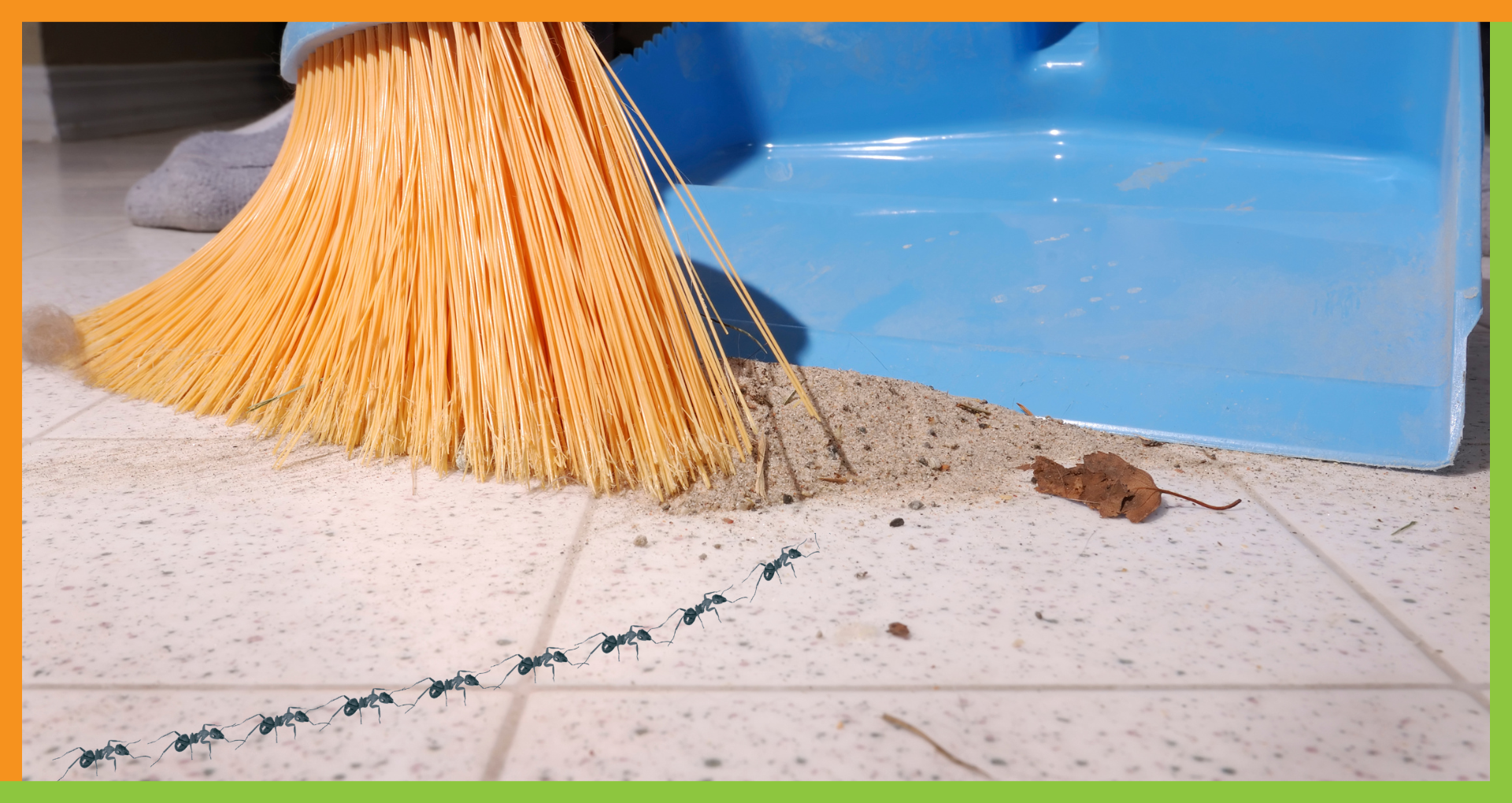
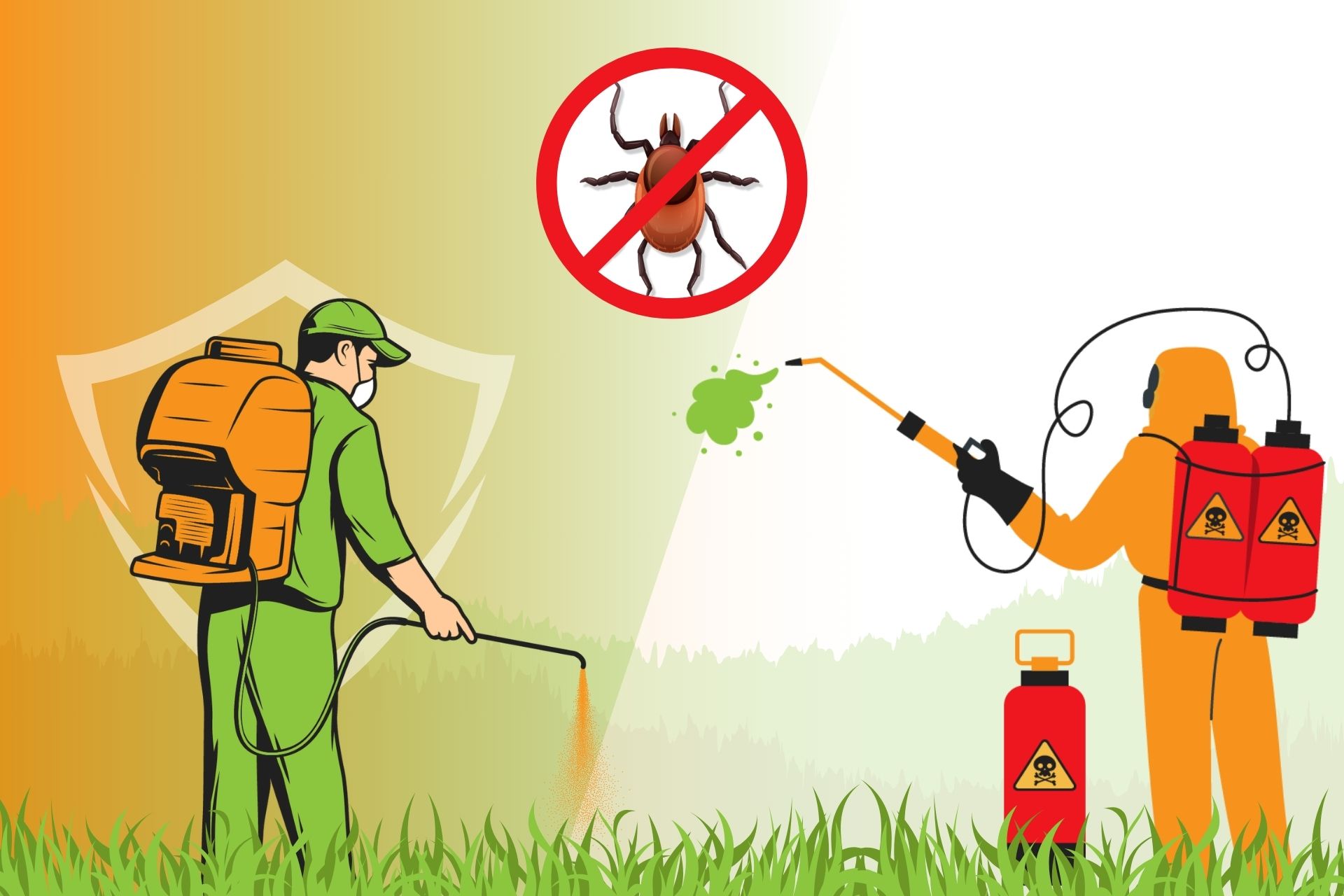
626 Park Road, #5
Cherry Hill, NJ 08034
130 Hickman Road, Ste 11
Claymont, DE 19703
1-833-924-7378
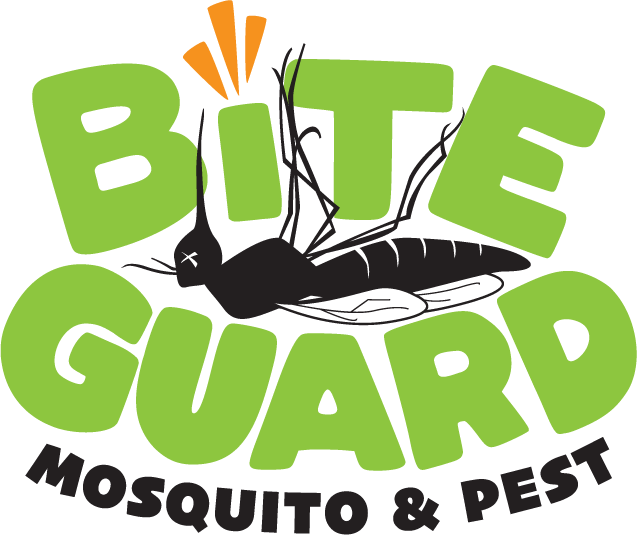
626 Park Road, #5
Cherry Hill, NJ 08034
130 Hickman Road, Ste 11
Claymont, DE 19703
1-833-9-BGPEST
1-833-924-7378
All Rights Reserved | Bite Guard Mosquito & Pest
